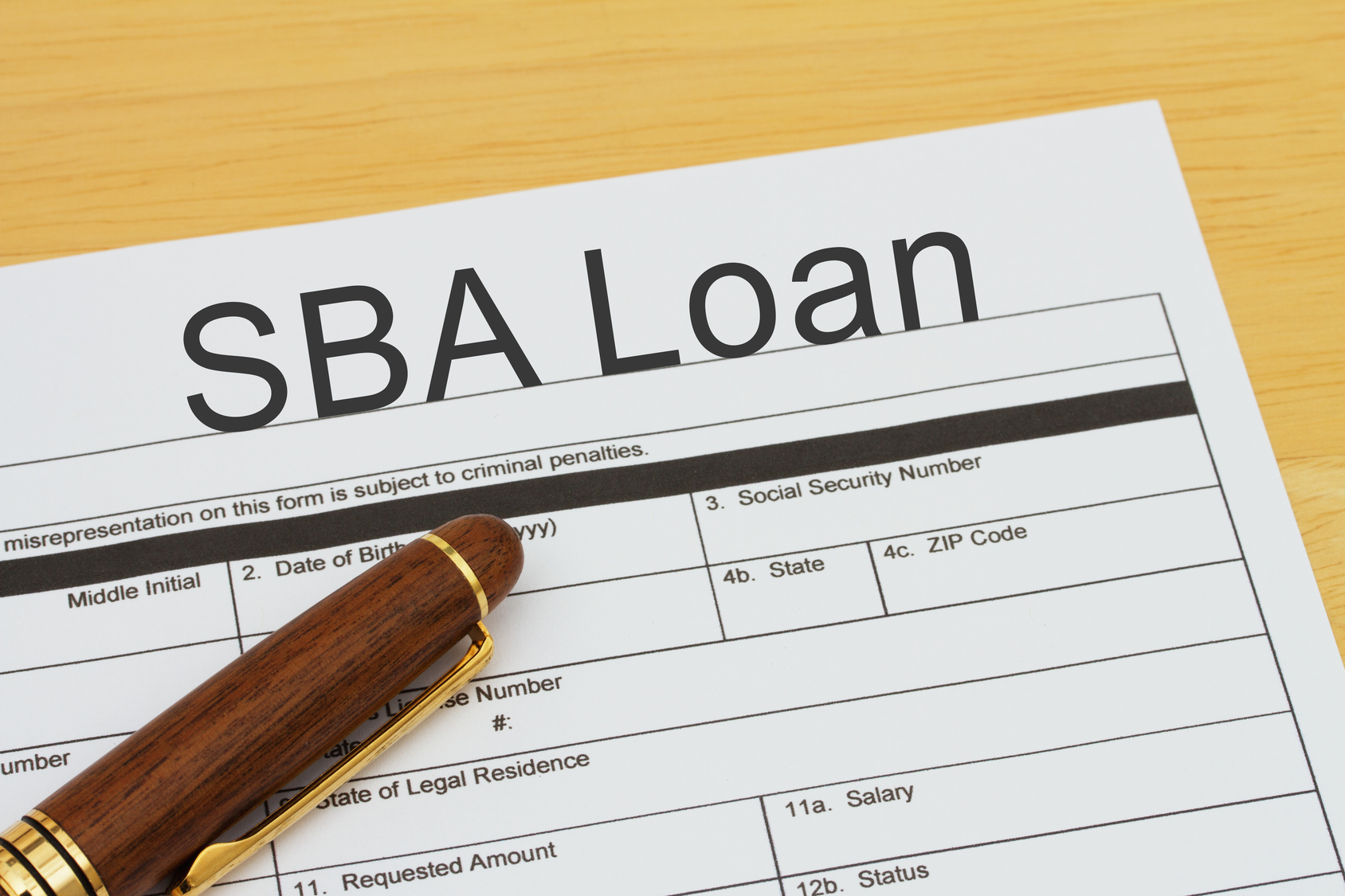How to Find the Right Lender for your Small Business Loan

With the small business industry booming in the United States nowadays, small business loans have become a huge part of sustaining that industry. All businesses require a loan at some point or another during their operations, but knowing how to acquire a small business loan can be tricky if you do not know where to begin. This is the case with many small businesses in the United States, which was reflected in the 20% rejection rate for business loans in 2015.
That is why you must first take the time to properly research your options and familiarize yourself with the complexities of the procedure. Perhaps, the determinant factor of whether or not you qualify for the small business loan is the lender you choose.
Here, we shall discuss how to find the right lender for your small business loan:
Who Are The Main Lenders?
Before deciding on who the best lender is for your business, you need to know who they are. In the United States, there are two main categories of lenders i.e. banks and alternative lenders. Banks consist of all the conventional banks that provide traditional bank loans, whereas all lenders that provide loan options outside the traditional bank loans are known as alternative lenders.
The lenders decide whether you qualify for the loan. Note that the lender determines all the loan amount itself, the loan rates and the speed of financing.
What Are The Features For Each Lender?
Unsurprisingly, banks set strict requirements for applicants. The major requirements are:
- Minimum 2 years of business operation
- Credit score at least above 600
- Minimum $100,000 revenue generated per year

Other requirements include the amount to be loaned, collateral, and business plan. Banks set stricter requirements since they give out bigger loans for longer periods ranging from 1 to 3 years and charge lower interest rates on the loans. However, loan approval can take a few weeks, if not a month, and so the speed of financing is slow. Banks are good options if you have a good credit score, and are expected to earn a good profit in the years to come.
They also provide SBA loans for businesses that narrowly miss out on conventional small business loans. These may be for $50,000 or less and have more lenient requirements since the SBA itself, which would cover their losses in case of default, guarantees a large portion of the loan to the banks.
As for alternative lenders, they have lax requirements as compared to banks providing loans to businesses that have operated for even a few months. Businesses can apply for a loan with a lower credit score and less revenue generation in exchange for quicker financing with loan application being accepted in as little time as 48 hours.
However, alternative lenders ask for larger collaterals and set higher loan rates. The best way to access alternative lenders is through an online lending platform such as Orumfy, which guarantees the authenticity of the lender and allows the process to be carried out smoothly and swiftly.
How to decide which lender suits you?
After gathering the required information regarding all lenders, it is time to assess your own business needs. They will help you determine which lender will provide you with the best small business loan. For businesses with a good credit score, a healthy revenue stream, and heavy loan demand, banks are the way to go. However, if your credit score isn’t stellar and you need quick financing then alternative lenders would be better.